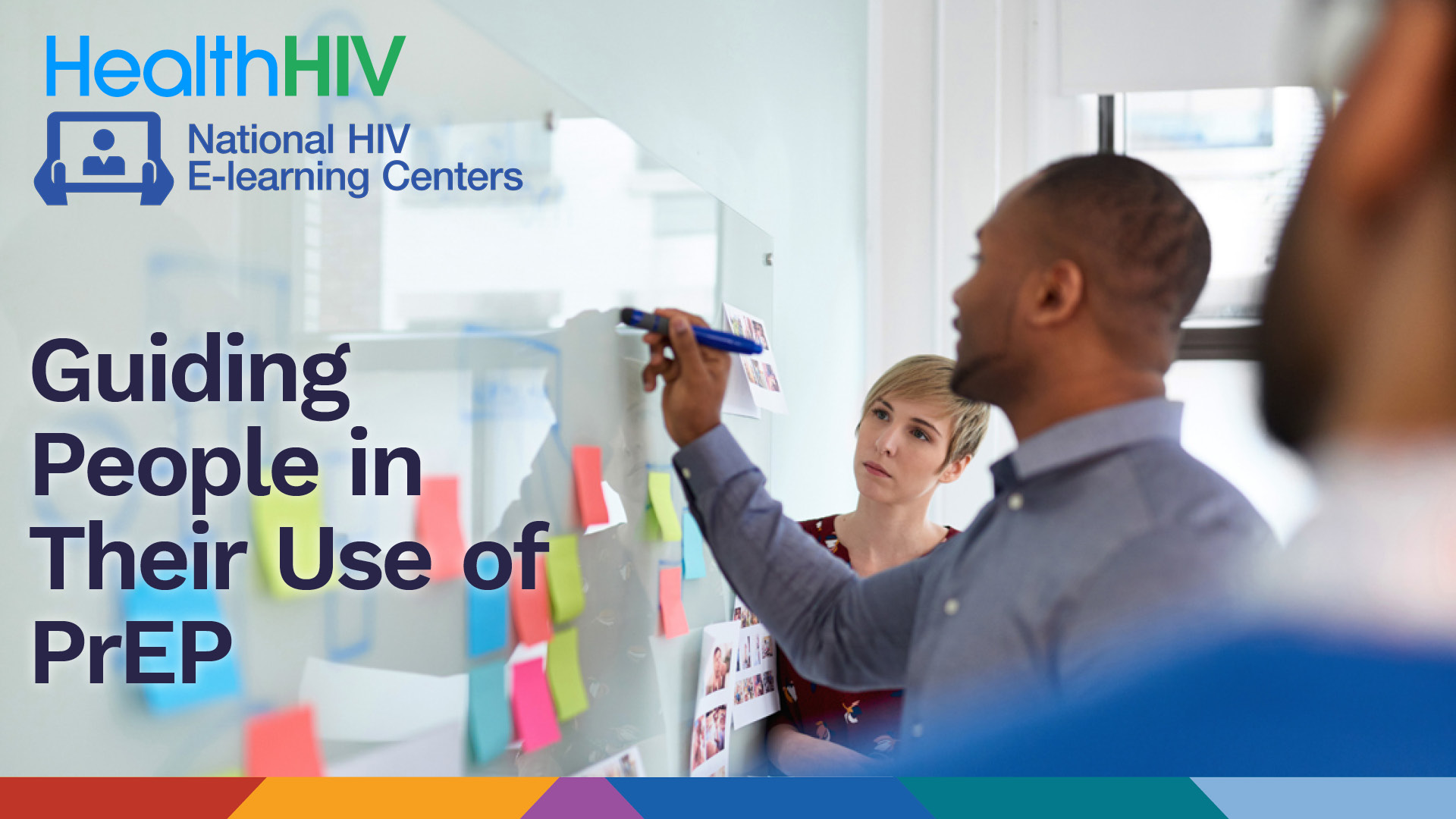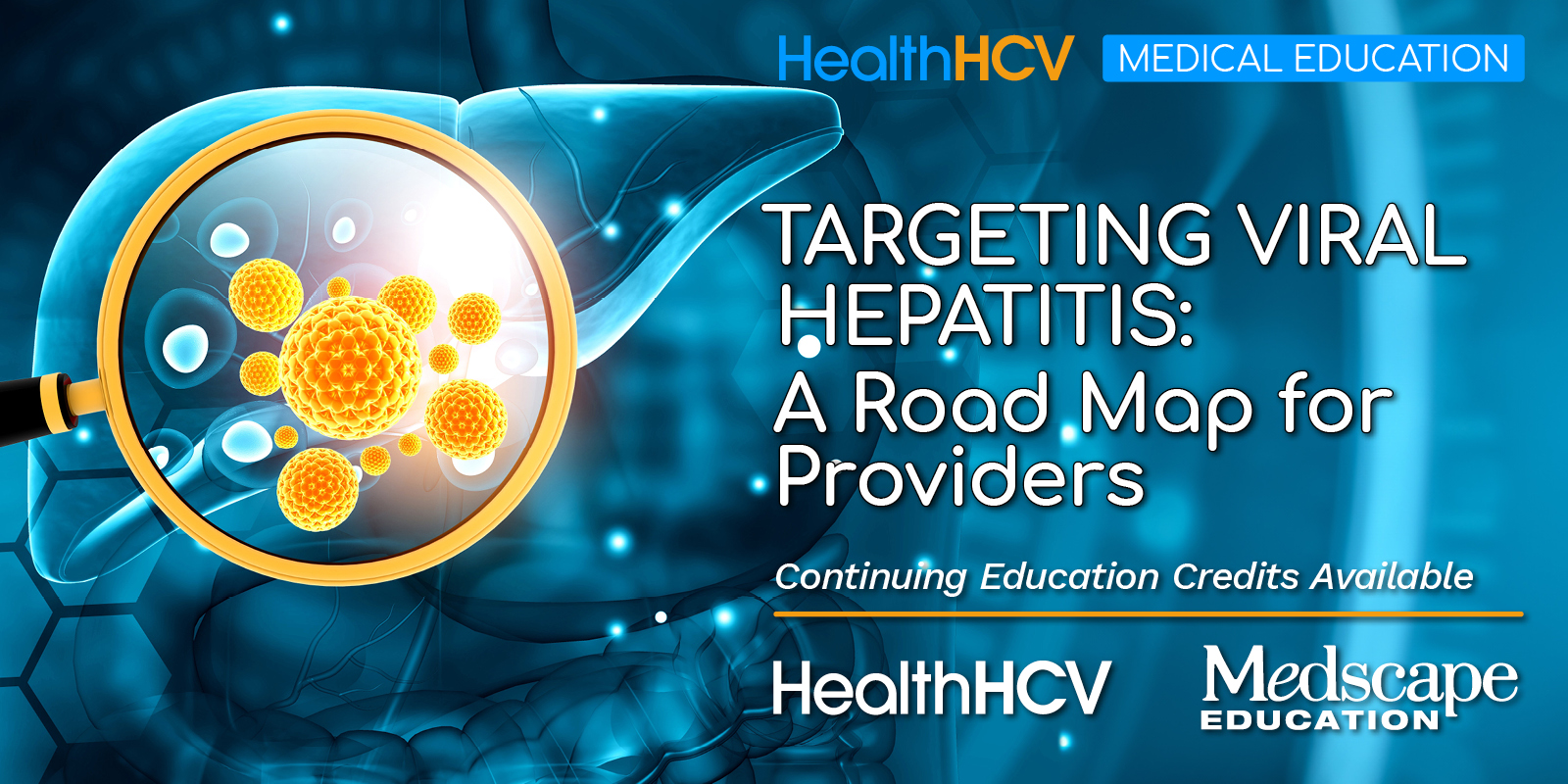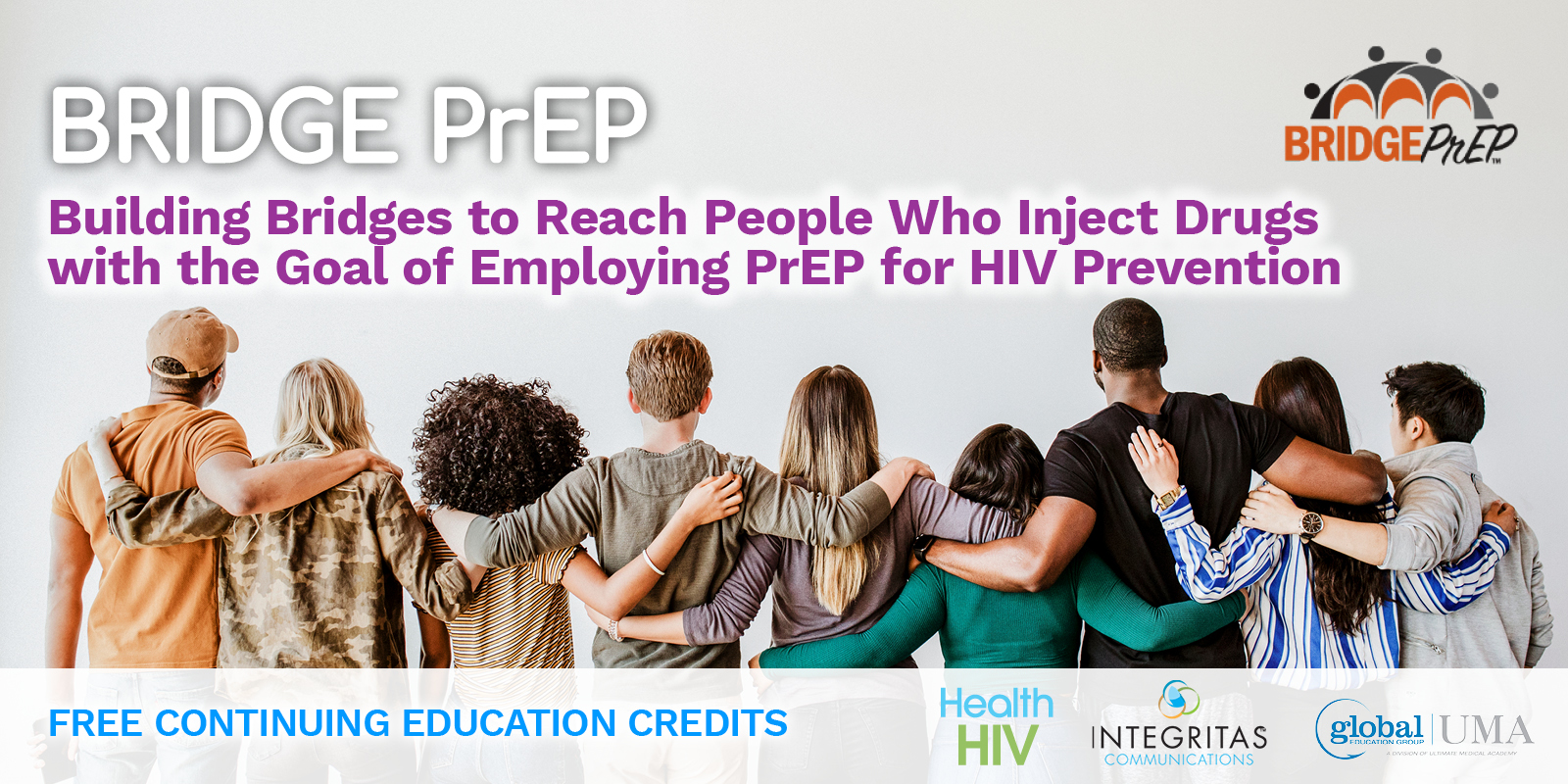Virtual Event
Training Library

Browse our library of HealthHIV trainings — offered in a variety of formats to a diverse audience of clinicians and allied health professionals.

In support of improving patient care, HealthHIV is jointly accredited by the Accreditation Council for Continuing Medical Education (ACCME), the Accreditation Council for Pharmacy Education (ACPE), and the American Nurses Credentialing Center (ANCC), to provide continuing education for the healthcare team. In addition to CME credit, nursing continuing professional development (NCPD) contact hours, continuing pharmacy education (CPE) contact hours, and IPCE credit, HealthHIV is able to offer ASWB credit for social workers, AAPA credit for Physician Associates and APA credit for psychologists through Joint Accreditation. HealthHIV also is accredited by the National Commission for Health Education Credentialing to award CHES®/MCHES® continuing education credits for Certified Health Education Specialists.
-
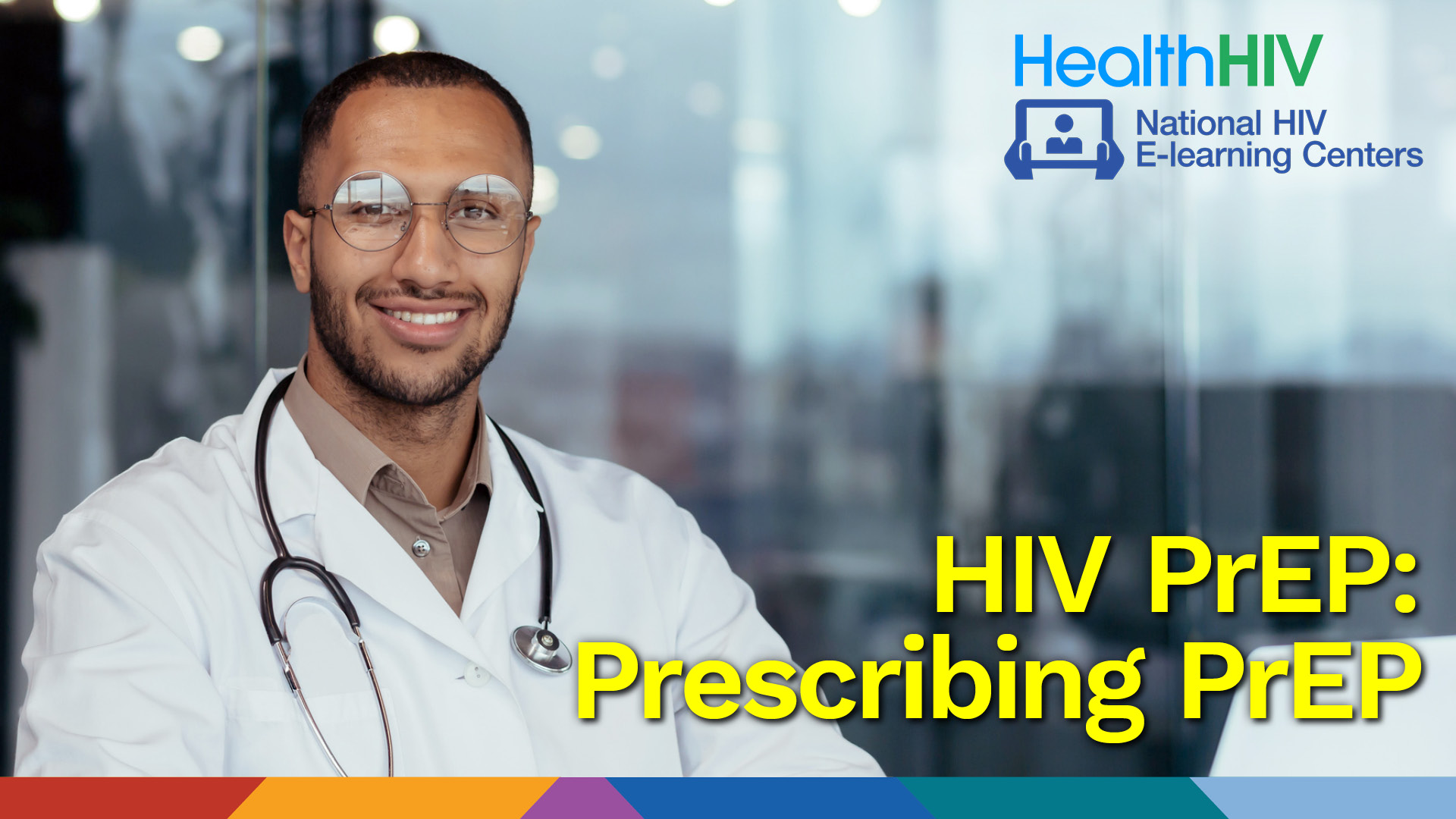
CREDIT AVAILABLE
HIV PrEP: Prescribing PrEP
June 1, 2023
Informed by CDC’s PrEP Guidelines, this course was created to assist prescribers, clinical support, and non-clinical staff with the basics for prescribing and monitoring PrEP and for incorporating PrEP services into their practices or local HIV prevention programs.
-
Breaking Barriers: Biomedical Interventions Paving the Way to Ending the HIV Epidemic in the US
May 30, 2023
This webinar delves into the context and state of the HIV epidemic, different forms of PrEP and PrEP formulations, how PrEP is utilized, side effects of PrEP use, and barriers to accessing methods of HIV prevention and treatment.
-
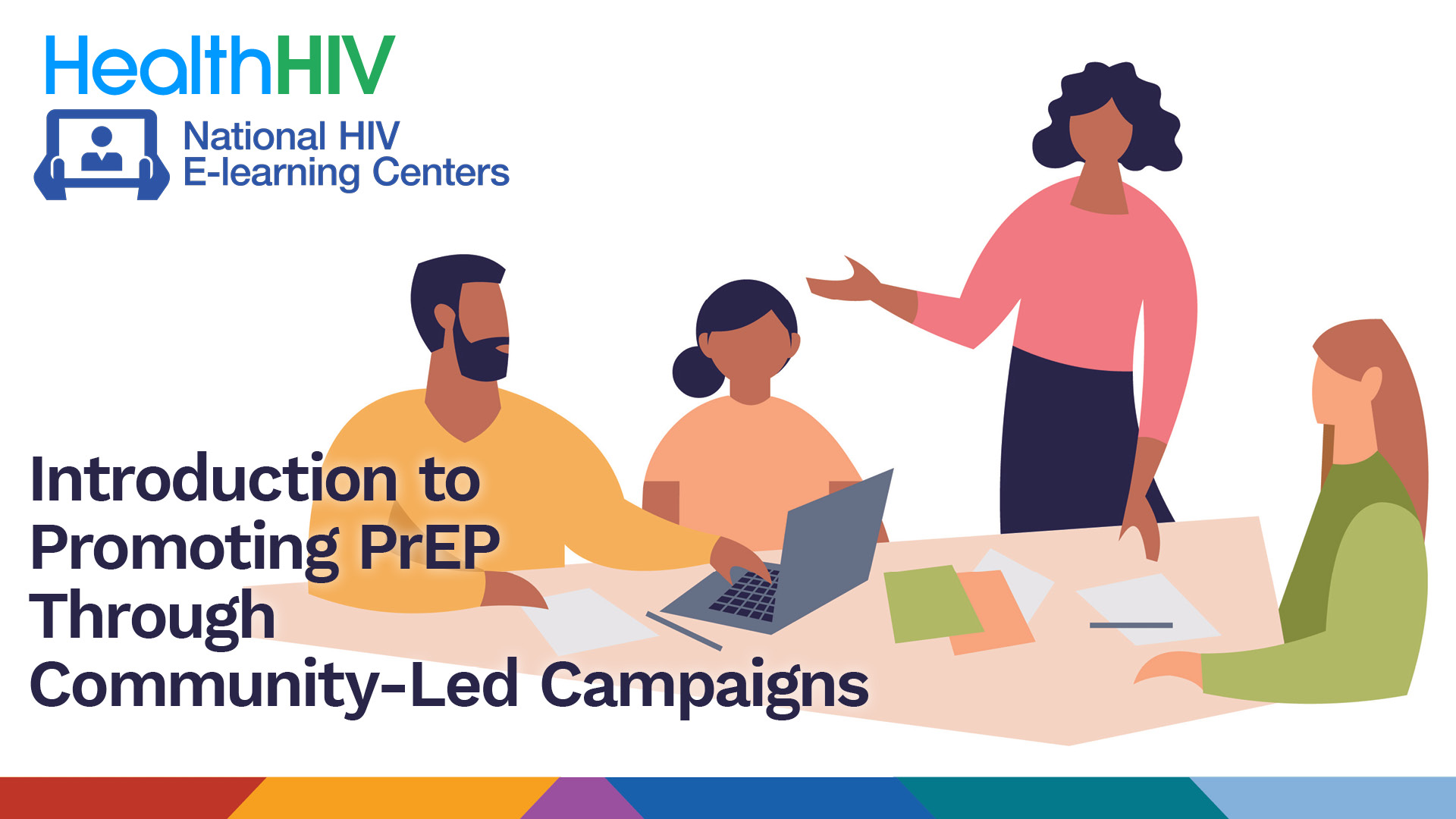
Introduction to Promoting PrEP Through Community-Led Campaigns
May 1, 2023
This course was created to provide health department staff, community-based organization staff, and other public health professionals with knowledge and skills related to designing, creating, and implementing a PrEP promotional campaign.
-
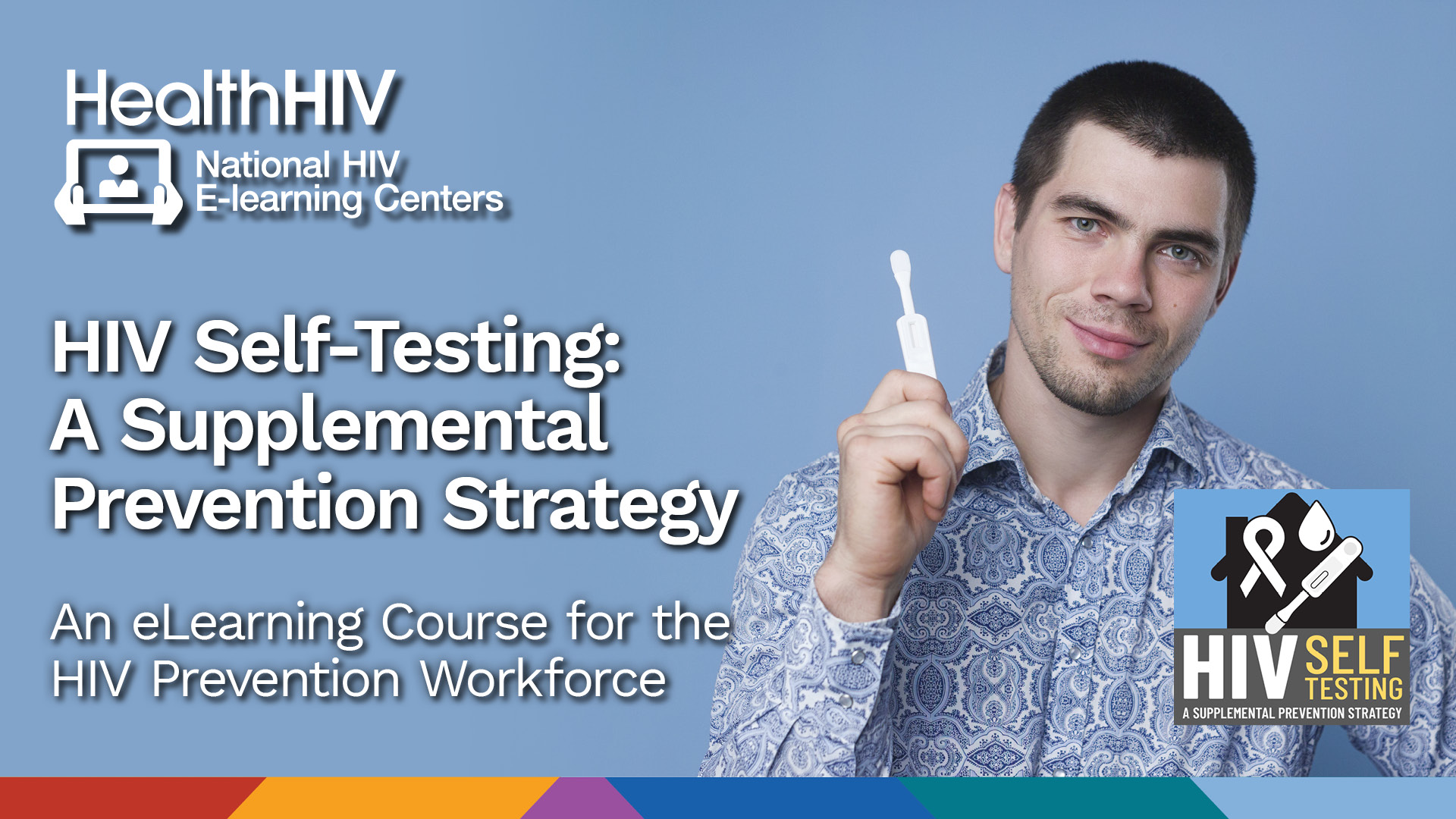
HIV Self-Testing: A Supplemental Prevention Strategy
May 1, 2023
In this 60-minute eLearning course, developed by HealthHIV, you will learn knowledge and skills to support the design, protocol development, and implementation of an HIV self-testing program. The course includes knowledge checks of the material covered and resources that you can use during and after taking the course.

